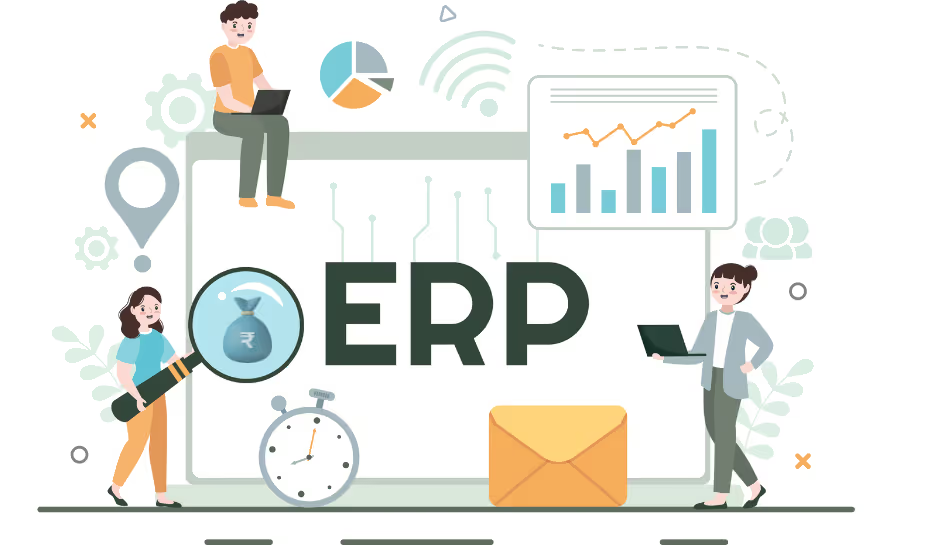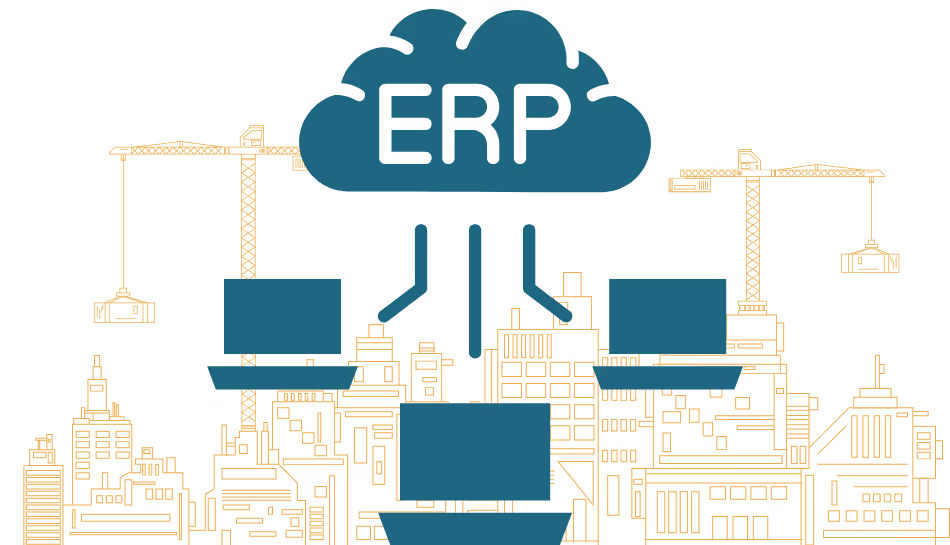
A Customer Relationship Management (CRM) system is designed to help businesses manage leads, track customer interactions, and improve sales efficiency. But like any other software, there comes a time when your CRM stops delivering the results you expect. Holding onto an outdated system can slow down growth, frustrate employees, and negatively impact customer satisfaction.
So, how do you know when to upgrade CRM software? Here are five clear signs your current system is no longer working properly and why upgrading could be the smartest move for your business.
-
Your CRM System Is Not Working Properly
The first and most obvious sign is performance. If your CRM system is not working properly, you’ll notice issues like slow load times, frequent crashes, or features that don’t deliver what they promise. Outdated systems often lack integration with modern tools like email automation, chatbots, or analytics dashboards.
When technology becomes a bottleneck instead of a support system, it’s time to rethink your CRM strategy. -
Lack of Automation and Integration
Modern businesses rely on seamless connectivity across departments. If your CRM doesn’t integrate with accounting software, marketing automation, or ERP systems, you’re missing out on efficiency. Manual data entry and siloed systems waste time and increase the risk of errors.
One of the biggest benefits of upgrading CRM software is the ability to automate repetitive tasks like lead scoring, follow-ups, and reporting. Integrations with other business tools allow you to create a smooth flow of information and streamline daily operations. -
Limited Reporting and Insights
A CRM should not just store data, it should turn that data into actionable insights. If your current system can’t provide real-time reporting, predictive analytics, or customer behavior tracking, your teams are making decisions in the dark.
By moving to one of the best CRM upgrades for business, you gain access to advanced dashboards, AI-driven forecasting, and customer journey mapping. This means better decision-making and a stronger competitive edge. -
Employees Avoid Using the System
One of the strongest indicators of why to upgrade your CRM system is low user adoption. If employees find the software difficult to use, outdated, or irrelevant to their daily tasks, they simply won’t use it. This results in incomplete customer records, missed opportunities, and poor collaboration.
Modern CRMs come with user-friendly interfaces, mobile access, and customizable workflows. By upgrading, you encourage employee adoption, which ensures that your customer data stays accurate and up to date. -
Your Business Has Outgrown the System
As your company grows, so do your needs. An entry-level CRM that worked well for a small team may not be able to support enterprise-level requirements. If you’re expanding into new markets, handling larger sales volumes, or adding new service lines, your CRM must scale with you.
This is one of the most compelling benefits of upgrading CRM software, scalability. New-age CRMs offer flexible modules and cloud-based scalability that evolve as your business grows.
Why Upgrade Your CRM System?
The decision to upgrade isn’t just about fixing problems. It’s about unlocking new opportunities. Here’s why upgrading makes sense:
- Improved productivity with automation.
- Enhanced customer experiences with better insights.
- Stronger collaboration across teams.
- Scalable systems that grow with your business.
- Higher ROI from more efficient processes.
Final Thoughts
If your CRM system is not working properly, limiting integrations, or failing to keep up with your growth, it’s a clear signal that it’s time to move on. Knowing when to upgrade CRM software helps you avoid inefficiencies and missed opportunities.
Investing in one of the best CRM upgrades for business is not just about technology, it’s about empowering your team to work smarter and serve customers better. The benefits of upgrading CRM software go beyond efficiency, they fuel long-term business success.

